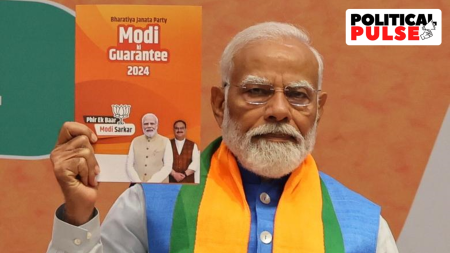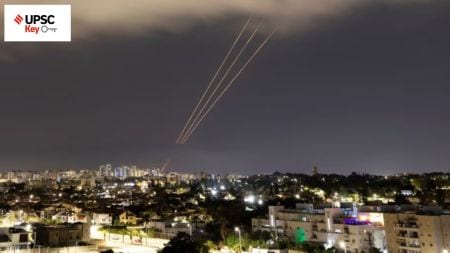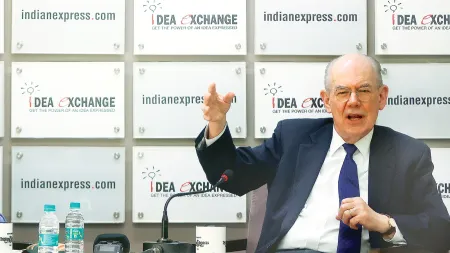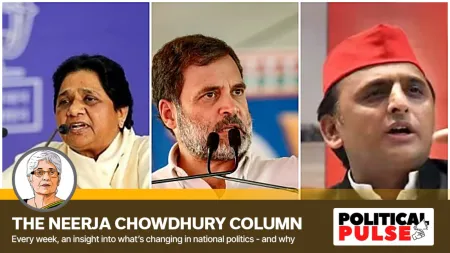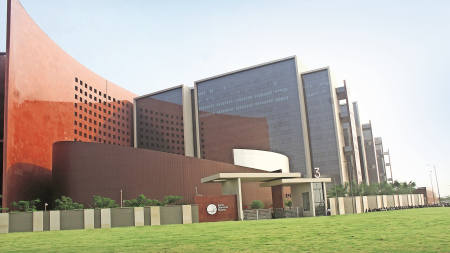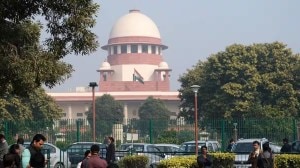- India
- International
‘USP of our Clean Air Programme is that it’s a city-specific plan: Environment Ministry Secretary
Earlier this year, India launched the National Clean Air Programme (NCAP) with a tentative national level target of 20%-30% reduction of PM2.5 and PM10 concentration in 102 Indian cities by 2024. In an interview to The Indian Express, C K Mishra, Secretary, Ministry of Environment and Forests, unpacks the programme.
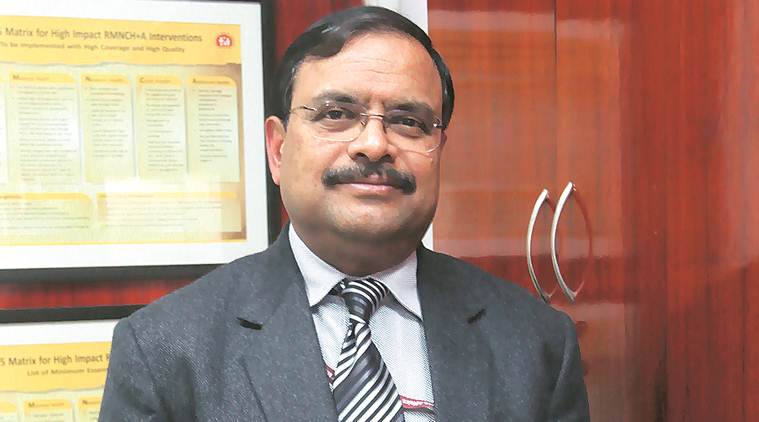 C K Mishra, Secretary, Ministry of Environment and Forests
C K Mishra, Secretary, Ministry of Environment and Forests
Is this an overall target, or does it apply to every individual city?
This really is an overall target… some cities may do much better than this, some may not. We are looking at an overall reduction of pollutants in the ambient air quality by 20-30%. This has been the international norm as well.
How were the cities chosen?
There is a very scientific way in which they have been chosen. We have monitored the last five years’ PM2.5 and PM10 levels, and whichever city has consistently shown a level higher than the normal safe level has been chosen in this… And we have chosen the worst 102 with very high levels of pollution.
Who would be in charge of reducing the particle concentrations?
The USP of this programme actually is that we have not given a standard prescription for the entire country. It is a city-specific plan. Each city has its own problems which lead to higher emissions. For example, some cities are suffering from high PM10 levels because of dust, which could come from roads, the construction sector, etc. There are cities like Kanpur where industrial emission is causing a problem. So the programme is that each city will prepare a city-specific plan and address the issue specific and particular to that city.

The implementing agency for waste is the Ministry of Urban Development. Under the Swachh Bharat Mission, they have set targets, allocated monies to the state, and [the] technology is being discussed with states. They are monitoring it also.
Who is “we”? Is it the responsibility of the state government?
We are actually building capacities of the state governments. International organisations and multinational agencies are helping state governments. Each city has been attached to a technical institution like an IIT or ITI, we have identified knowledge partners who will interact with the city to identify their problems and solutions thereof. Based on that, the city will prepare a plan for reduction of emission that will come to the CPCB, the Government of India, where we will approve and fund it to the extent that we can from our budget, and find resources for that city outside government sources like multilateral agencies, etc. Many states are also coming forward with their own resources.
Does municipal solid waste contribute to air pollution too?
Yes, it does. It contributes to both water and air pollution. Much of the municipal solid waste is burnt because many small cities across the country do not have a system of disposal. So people burn the waste. It is directly impacting air quality. Much of it is flowing into water bodies and impacting water quality. You are creating landfills, for example. Landfill is an air pollution source. The idea across the country is that recycle and convert as much waste as possible, and the minimum waste should go to landfills.
Is there an international experience in waste management that we can learn from?
Scandinavian countries have done 100% (waste recycling). There are many European countries which have done 100%. You will be surprised to know that some of them are importing waste that is treated as wealth there. It is converted into a resource. We must recognise that per capita generation of waste must reduce, [and that] the generation of [the] wrong kind of waste must come down significantly. If we can do these things we would have tackled the problem to a great extent.
Apr 16: Latest News
- 01
- 02
- 03
- 04
- 05




